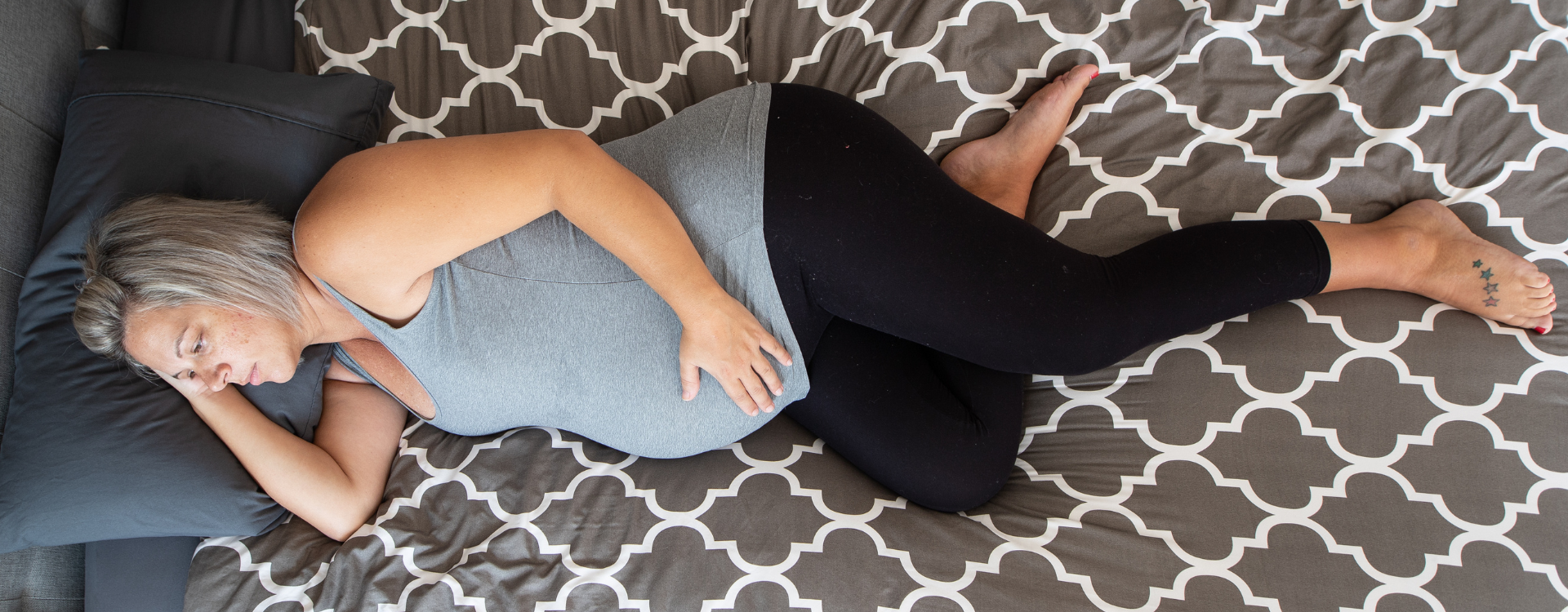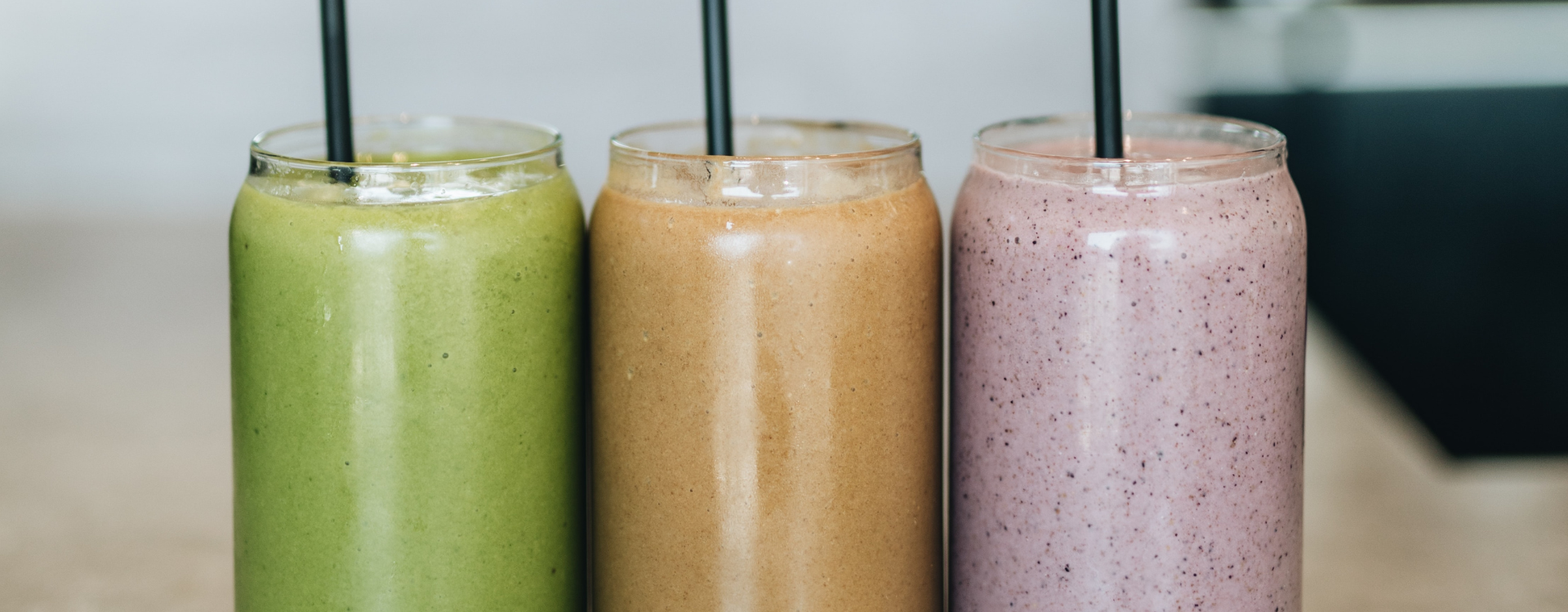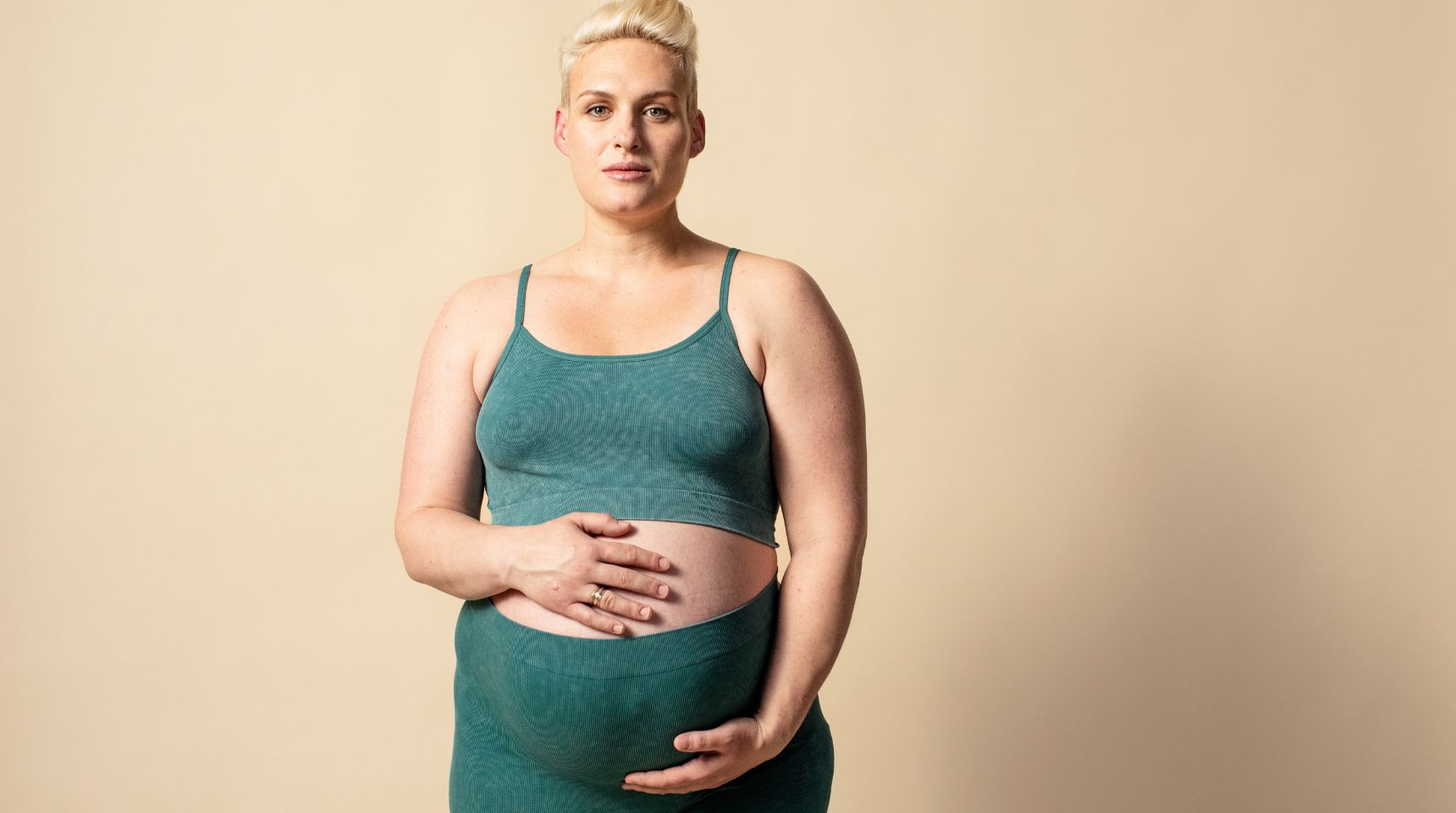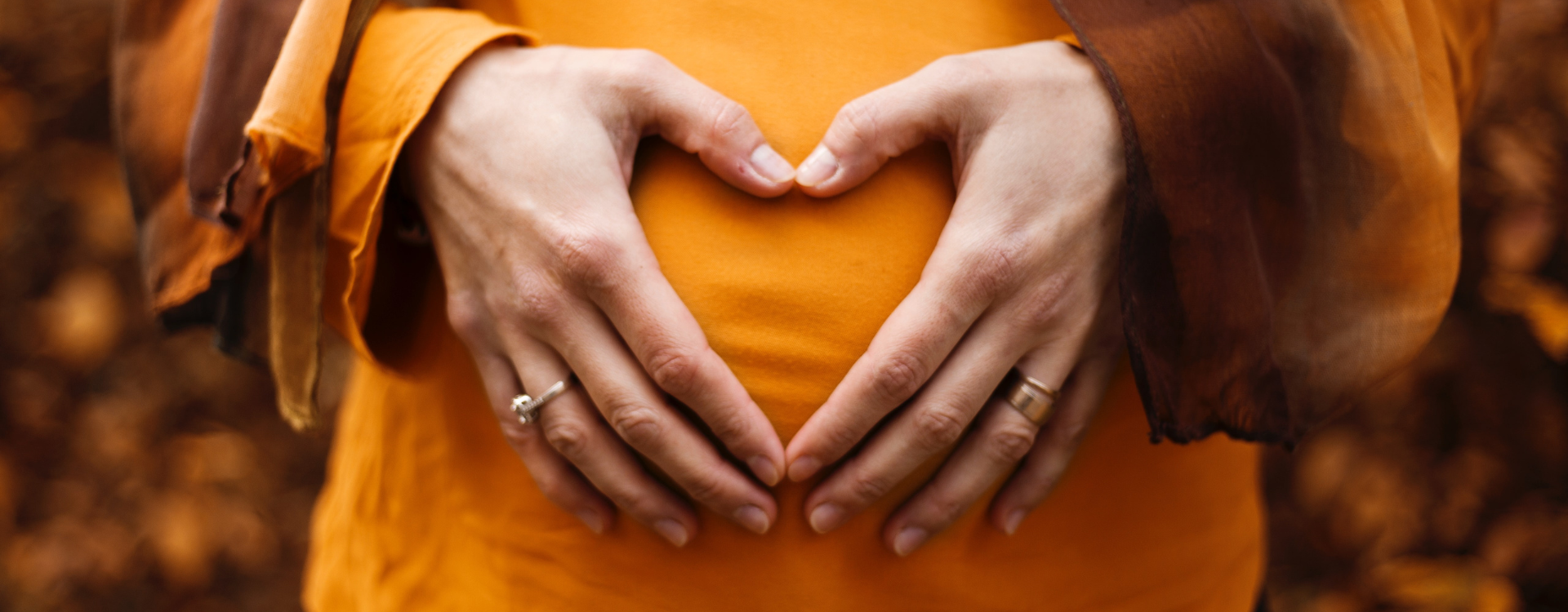A hallmark of pregnancy is the constant (constant!) urge to pee—morning, noon, and night.
Once your little one is born, you may experience a new problem with peeing: involuntary leaking when you sneeze, laugh, or cough. This is called stress incontinence and it’s very common, affecting approximately one-third of postpartum women.
As annoying as incontinence can be, there are ways to improve the situation in those first few weeks after birth. It’s also not something you need to live with, should your symptoms last longer than that.
Here we take a look at what causes postpartum urinary incontinence, how long it lasts, and what you can do about it.
The big squeeze
Pregnancy, labor, and birth can do a number on your pelvic floor, which supports your uterus, bladder, and rectum. “The pelvic floor muscles, tissues, and nerves become stretched, which leaves your pelvic floor less able to hold or control the flow of urine,” explains Sinéad Dufour, PT, PhD, who specializes in postpartum pelvic health. In some cases the pelvic floor may be physically damaged due to a tear or cut during birth. Hormonal changes can contribute to leaking urine postpartum, too.
The following risk factors may further increase your chances of postpartum incontinence:
- Vaginal birth. Women who give birth vaginally are almost twice as likely to experience postpartum incontinence compared with moms who have a cesarean birth, according to research published by the National Institutes of Health. But caesarean birth mamas can definitely leak urine postpartum too, Dr. Dufour points out.
- Incontinence during pregnancy. If you leaked urine while pregnant, you’re more than three times as likely to have the problem after your baby is born.
- Having a large baby, defined as 8 pounds, 13 ounces or greater.
- Being overweight, especially if you carry extra weight around your midsection. (It’s important to note that this has less to do with pounds, and more to do with the fact that adipose tissue is inflammatory. This inflammation can irritate the bladder and impact your pelvic floor.)
- Birthing on your back, which requires you to push harder.
- Interventions during labor and birth. “Generally, the more interventions you have in your birth, to more likely you are to have incontinence afterward,” Dr. Dufour explains. Interventions include epidural, episiotomy, and assisted delivery with forceps or a vacuum.
Ways to cope
Postpartum urinary incontinence can range from a few drops to the complete emptying of your bladder. You may also feel like you have to go all the time; this is known as urge incontinence. While less common than stress incontinence, it can definitely happen to postpartum women.
Most of the time, postpartum incontinence takes care of itself. Until then, Dr. Dufour offers these helpful tips.
- Wear sanitary pads to temporarily absorb the leaks. (These may be covered by insurance, so check with your provider!)
- Go for a stroll. “Walking is actually a treatment for incontinence,” Dr. Dufour shares. She recommends walking in the morning, when your energy may be highest.
- Prevent constipation. “When the colon is full of fecal matter that is not emptying regularly, it is inflammatory and this irritates the bladder (think more frequency and urgency) and does not allow the pelvic floor to work as well (think leaks with sudden rises in intraabdominal pressure),” explains Dr. Dufour.
- Pee properly. Relax your pelvic floor when you sit down to pee. This will help your bladder muscle contract and squeeze the urine out.
- And take your time. You may feel pulled in a million directions as a brand-new mama, but it’s worth taking a few extra seconds to make sure you’re done. Ensure you’re sitting down fully before you begin (no hovering!) and try not to rush. Standing up briefly and then sitting back down may reveal a little more pee left in your system. (Dr. Dufour calls this the “double voiding” technique.)
- Practice “core breathing” to help recondition your pelvic floor. These exercises teach you to coordinate your pelvic floor contractions with your breathing. Contract on the exhale, relax on the inhale.
- Keep drinking water! This is super-important for your overall postpartum health, especially if you are breastfeeding. Drink up to prevent dehydration and urinary tract infections (UTIs).
One more thing: Resist hitting the bathroom all the time—what Dr. Dufour calls “just in case” peeing. This all-too-common urge is bad news for your bladder.
“Keeping your bladder empty is not the solution for preventing leaks,” Dr. Dufour advises. “Your bladder is meant to empty when it’s almost full. By going more often, you train your body to pee at shorter and shorter intervals. This can lead to urge incontinence and overactive bladder later on.”
As with pooping, there is a range of normal for peeing, but most women should be able to go 2 to 4 hours between bathroom breaks. If you find yourself peeing more often than that, Dr. Dufour recommends calf raise exercises! This “biohack” can help you relax the bladder muscle and overcome the urge to go before it’s really time.
When and how to seek help
Again, many cases of postpartum incontinence will resolve on their own. But if you’re still springing leaks by your six-week postpartum checkup, definitely speak up. Your healthcare provider can assess the issue and rule out other conditions.
As Dr. Dufour puts it: “The first three months is a critical healing period. Data shows that if you are still leaking urine beyond that ‘fourth trimester,’ you are 92% more likely to continue to have incontinence problems for 10 years.”
If postpartum incontinence lingers, your doctor can refer you to a physical therapist or other specialist for treatment. The goals of treatment will be to correct the condition, improve your quality of life, and prevent incontinence from turning into a long-term problem.
Often, says Dr. Dufour, a few sessions of individualized physical therapy will be enough to strengthen your pelvic floor muscles. Other treatments for incontinence include medical devices, medications, and, in the most severe cases, surgery.
Kelsey’s Story
For mom Kelsey, incontinence began before baby arrived. “It started with leaking when sneezing and coughing while [I was] still pregnant,” she explains.
After her daughter was born, her struggles continued. “It was really bad at first. I couldn’t feel myself peeing at all the first week. I had to change my diaper along with the baby’s at her newborn appointments.”
When things didn’t improve, Kelsey spoke to her doctor, who recommended physical therapy at her six-week checkup. Due to Covid, Kelsey wasn’t able to being working with a physical therapist until a few months postpartum, but found the sessions incredibly beneficial. “[It] was a bit uncomfortable, but so helpful. I highly suggest going and wish I went sooner!”
While postpartum incontinence is a common occurrence, it’s not something you need to tough out or endure long-term. If you’re leaking or things just don’t feel right, be sure to voice your concerns so you can get the help you need.
Nothing to be ashamed of
Postpartum urinary incontinence can be awkward to talk about, but it’s nothing to be embarrassed by. So many mamas go through it! And chances are, it will go away before you know it.
“Just because you experience incontinence immediately after birth does not necessarily mean it’s going to stay a problem for you,” assures Dr. Dufour. “You’ll probably find it gets better—but if it doesn’t, then you can get some help.”
UP NEXT: What Happens To Your Body After Birth?
All content found on the Lansinoh.com website, including: text, images, audio, or other formats were created for informational purposes only. The content is not intended to be a substitute for professional medical advice, diagnosis, or treatment. Always seek the advice of your physician or other qualified health provider with any questions you may have regarding a medical condition. Never disregard professional medical advice or delay in seeking it because of something you have read on this website.









